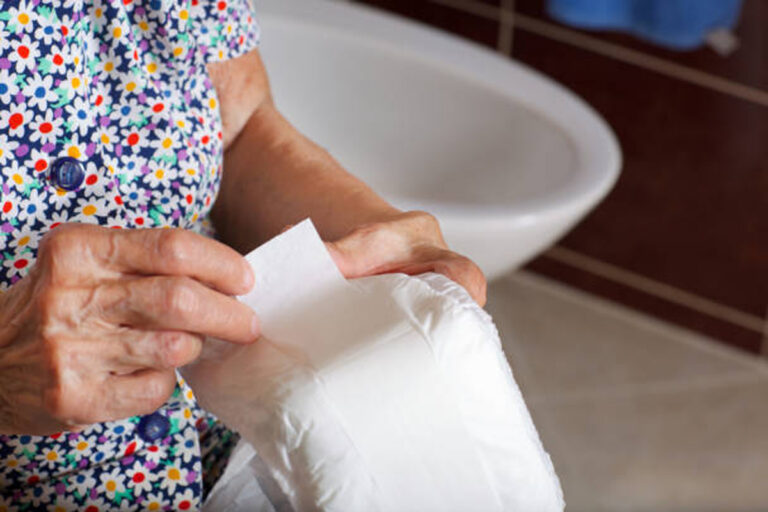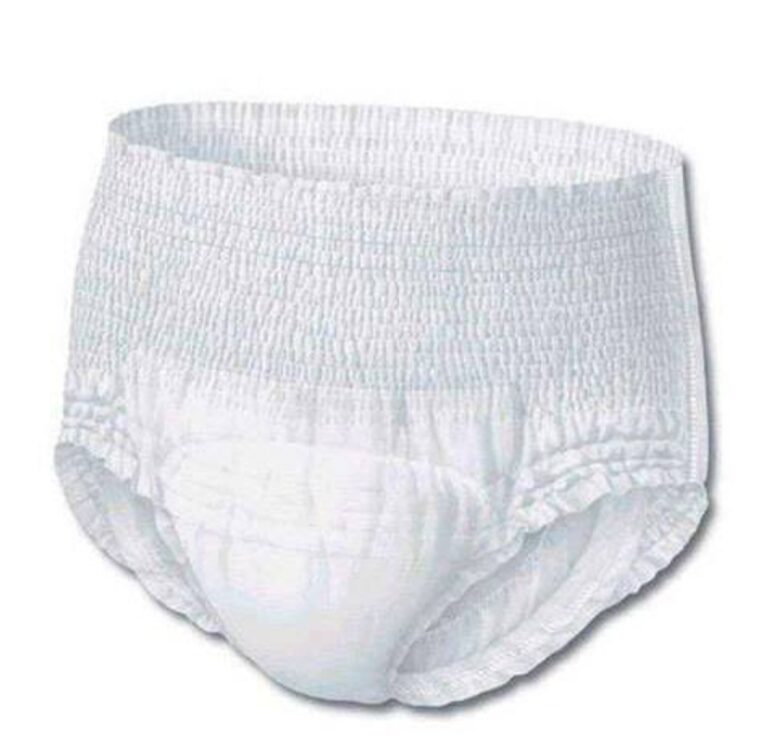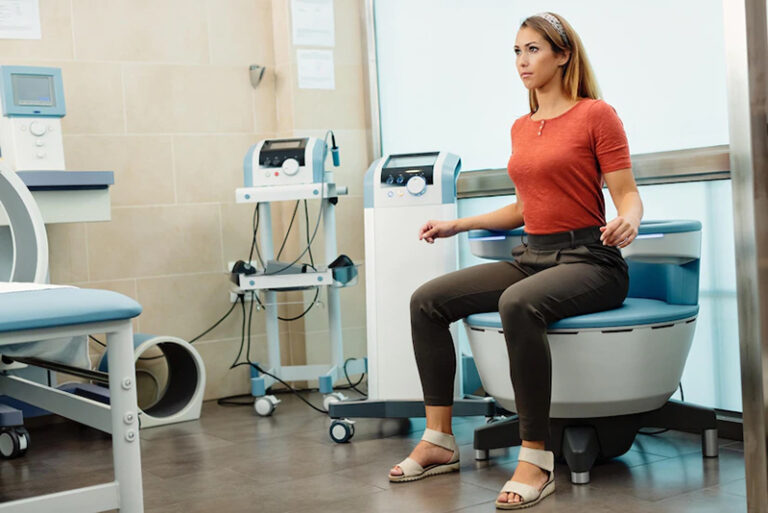Top 5 Caring Tips for Senior Incontinence
Caring for a senior with incontinence can be a challenging task, but with the right approach and support, it is possible to provide them with the care and assistance they need.
Incontinence, or the loss of bladder or bowel control, is a common condition among older adults, and it can have a significant impact on their quality of life. It is important to understand the causes of incontinence, as well as the best ways to manage and treat it, in order to provide the best care for a senior with incontinence.
Incontinence can be caused by a variety of underlying medical conditions, such as urinary tract infections, diabetes, and prostate problems in men. It can also be caused by lifestyle factors, such as obesity and smoking. It is important to encourage the senior to speak with their healthcare professional to determine the cause of their incontinence and find the best treatment options.
Management & Maintainance
Managing incontinence can involve a variety of different strategies, including pelvic muscle exercises, medication, and surgery. It is important to help the senior find the best solution for their individual needs and to provide them with the necessary products and devices to manage their incontinence, such as absorbent pads, adult diapers, and urinary collection devices.
Maintaining good hygiene is also an important aspect of caring for a senior with incontinence. This may involve helping them with regular cleansing and making sure they have access to clean clothes and bedding. It is also important to encourage them to use the toilet regularly and to use the bathroom when they first feel the urge to go.
Top 5 Tips to Care for Incontinence
Here are the top 5 tips for caring for a senior with incontinence:
Conclusion
Caring for a senior with incontinence can be challenging, but with the right approach and support, it is possible to provide them with the care and assistance they need. By understanding the causes and best ways to manage and treat incontinence, you can help a senior live a more comfortable and fulfilling life.







